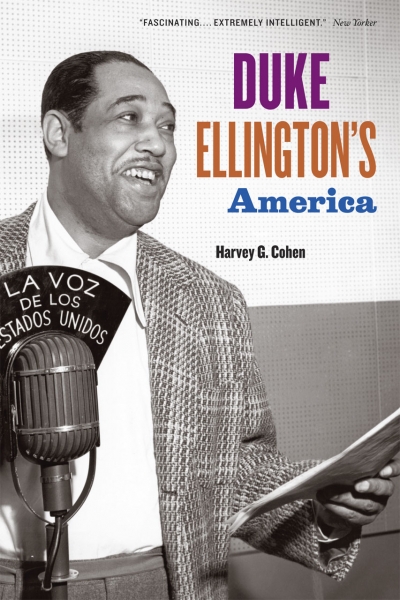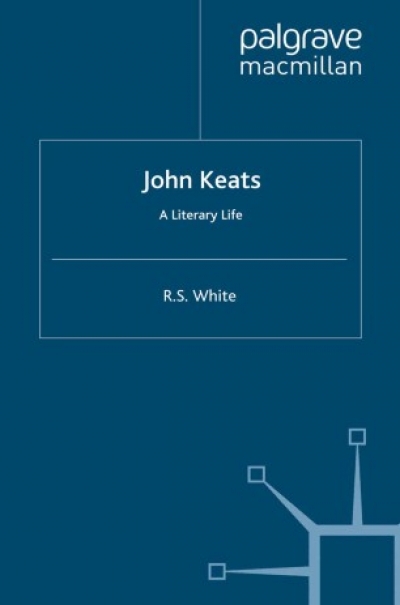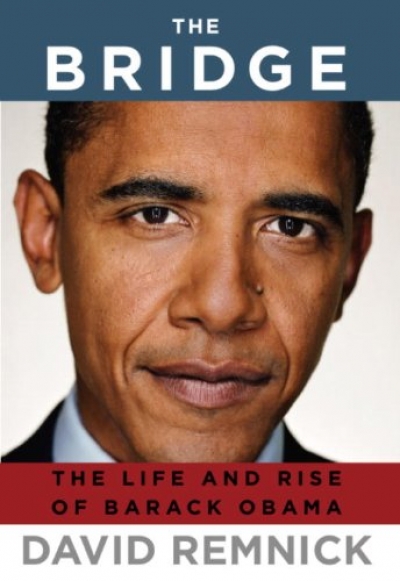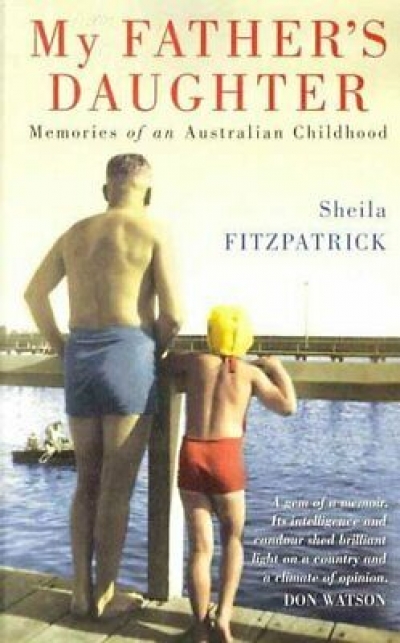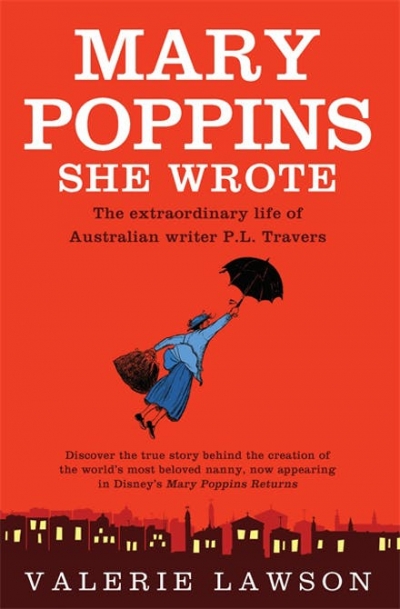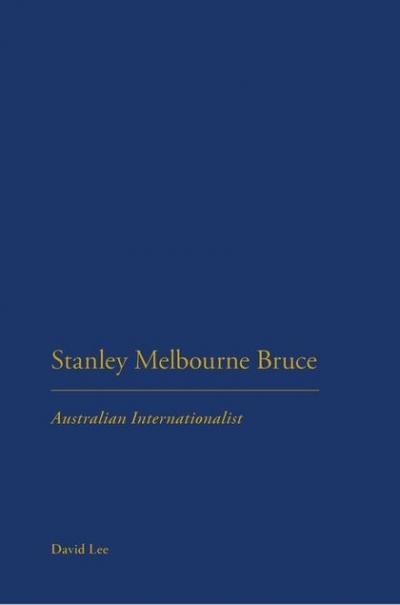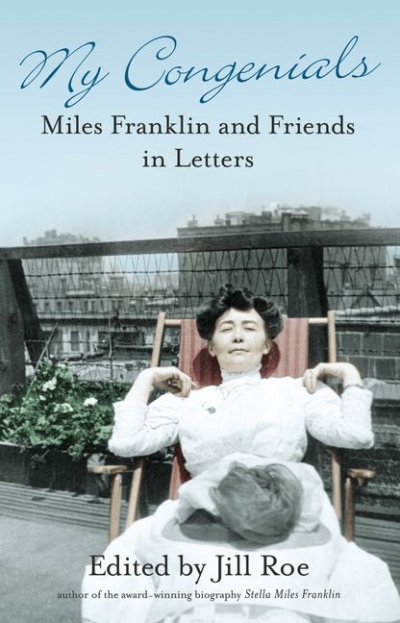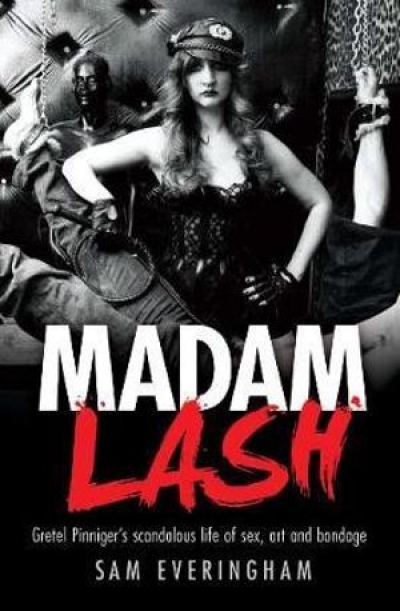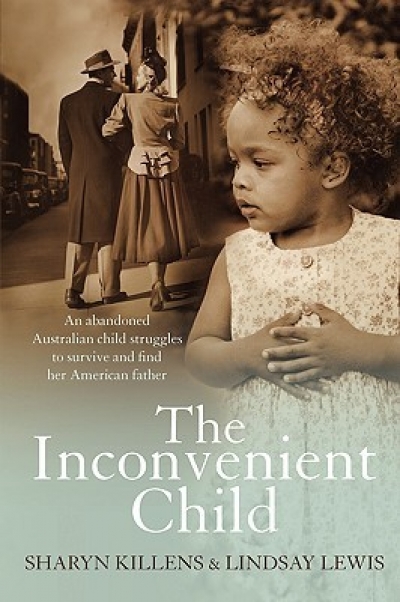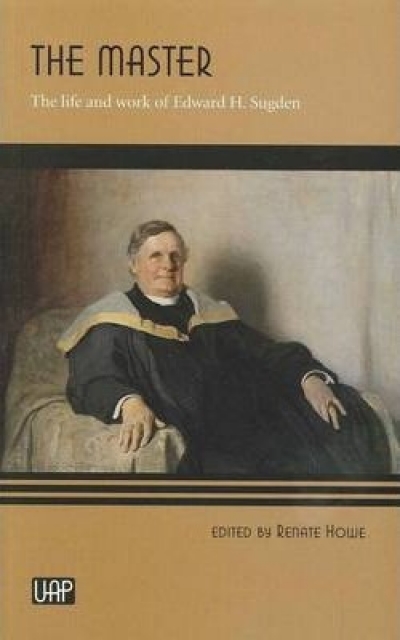Biography
The Bridge: The life and rise of Barack Obama by David Remnick
by Bruce Grant •
My Father’s Daughter: Memories of an Australian childhood by Sheila Fitzpatrick
by Brenda Niall •
Mary Poppins, She Wrote: The true story of Australian writer P. L. Travers, creator of the quintessentially English nanny by Valerie Lawson
by Lisa Gorton •
Stanley Melbourne Bruce: Australian internationalist by David Lee
by Peter Edwards •
My Congenials: Miles Franklin and friends in letters edited by Jill Roe
by Paul Brunton •
Madam Lash: Gretel Pinniger’s scandalous life of sex, art and bondage by Sam Everingham
by Jay Daniel Thompson •
The Master: The life and work of Edward H. Sugden edited by Renate Howe
by John Rickard •

